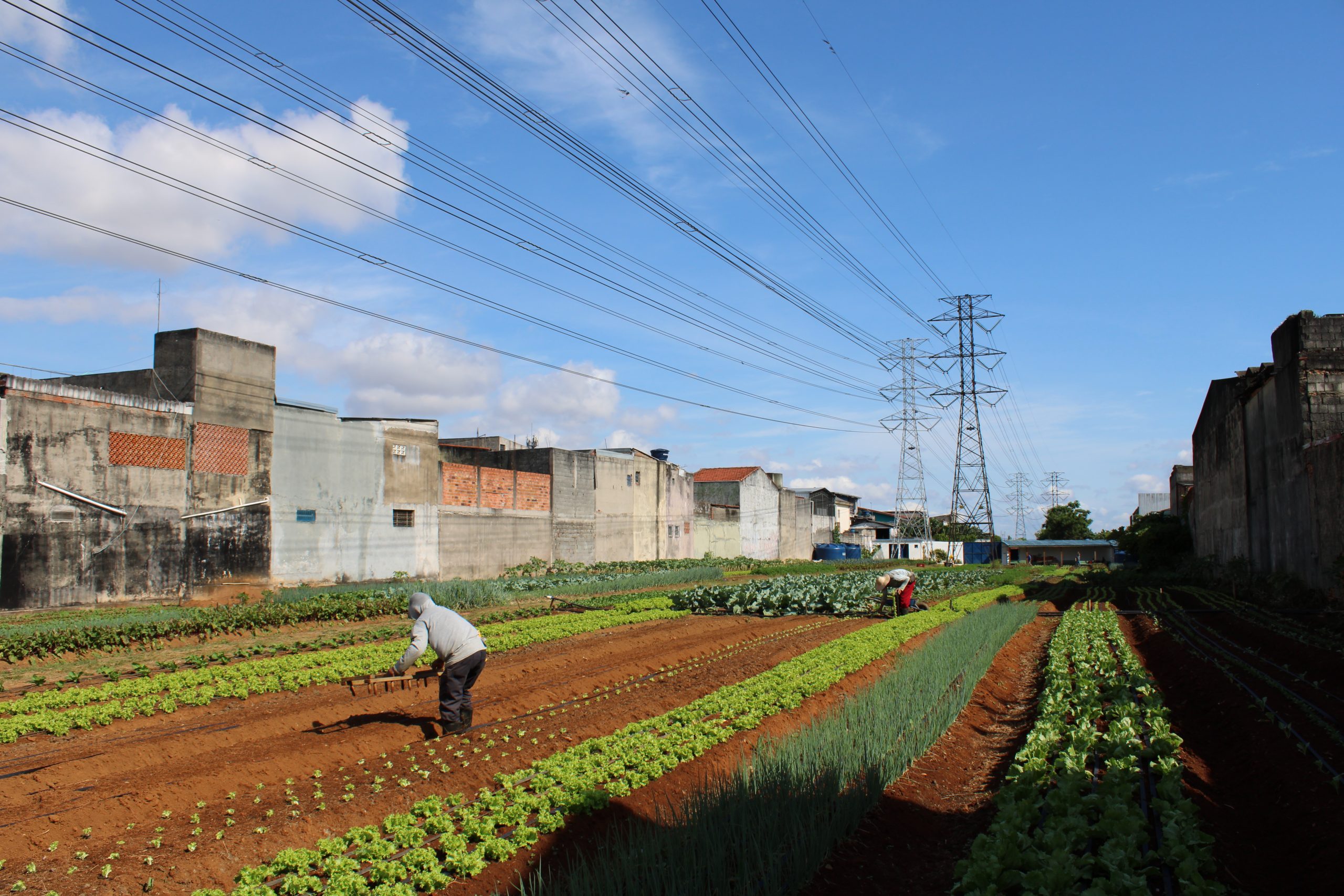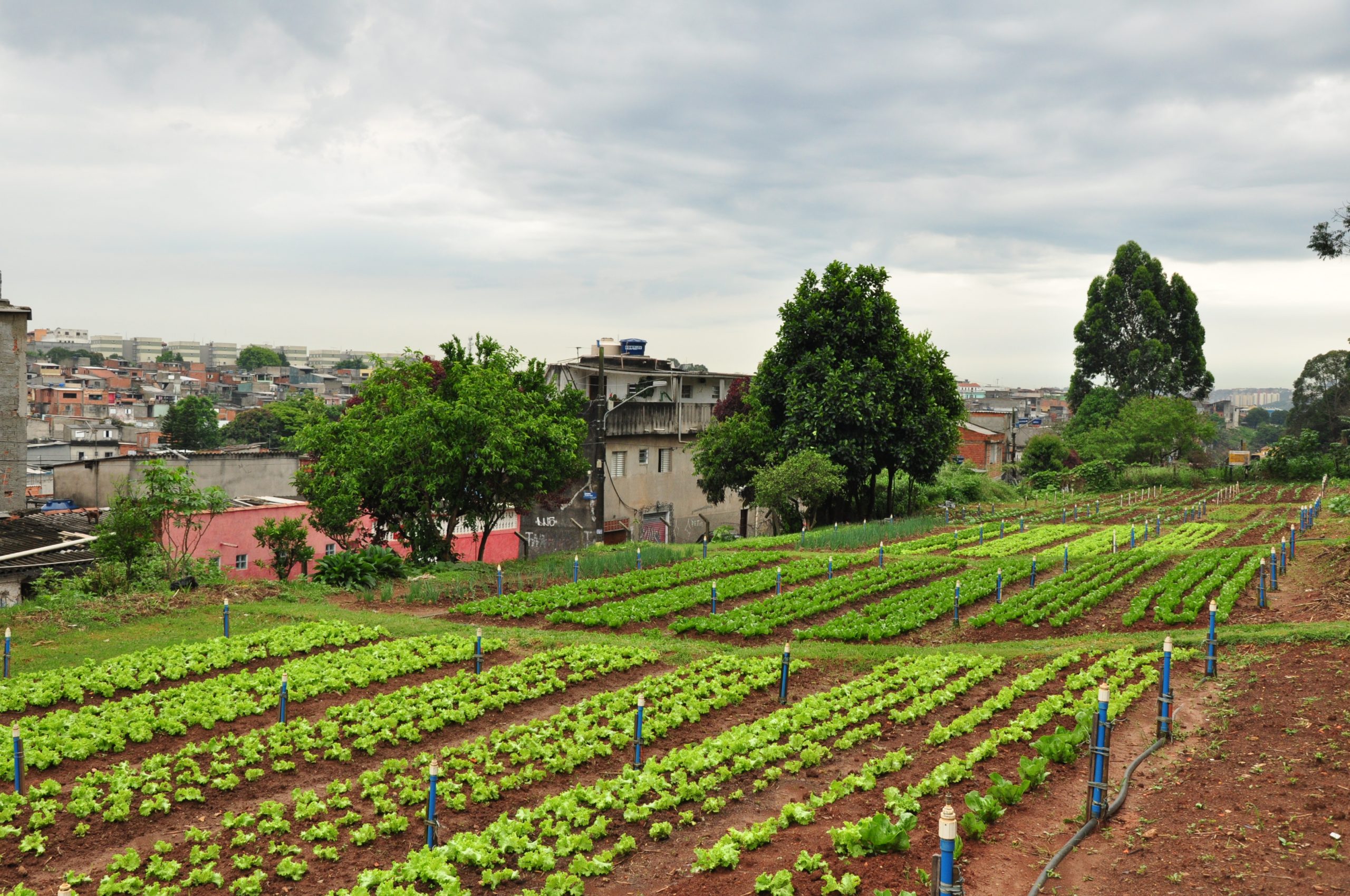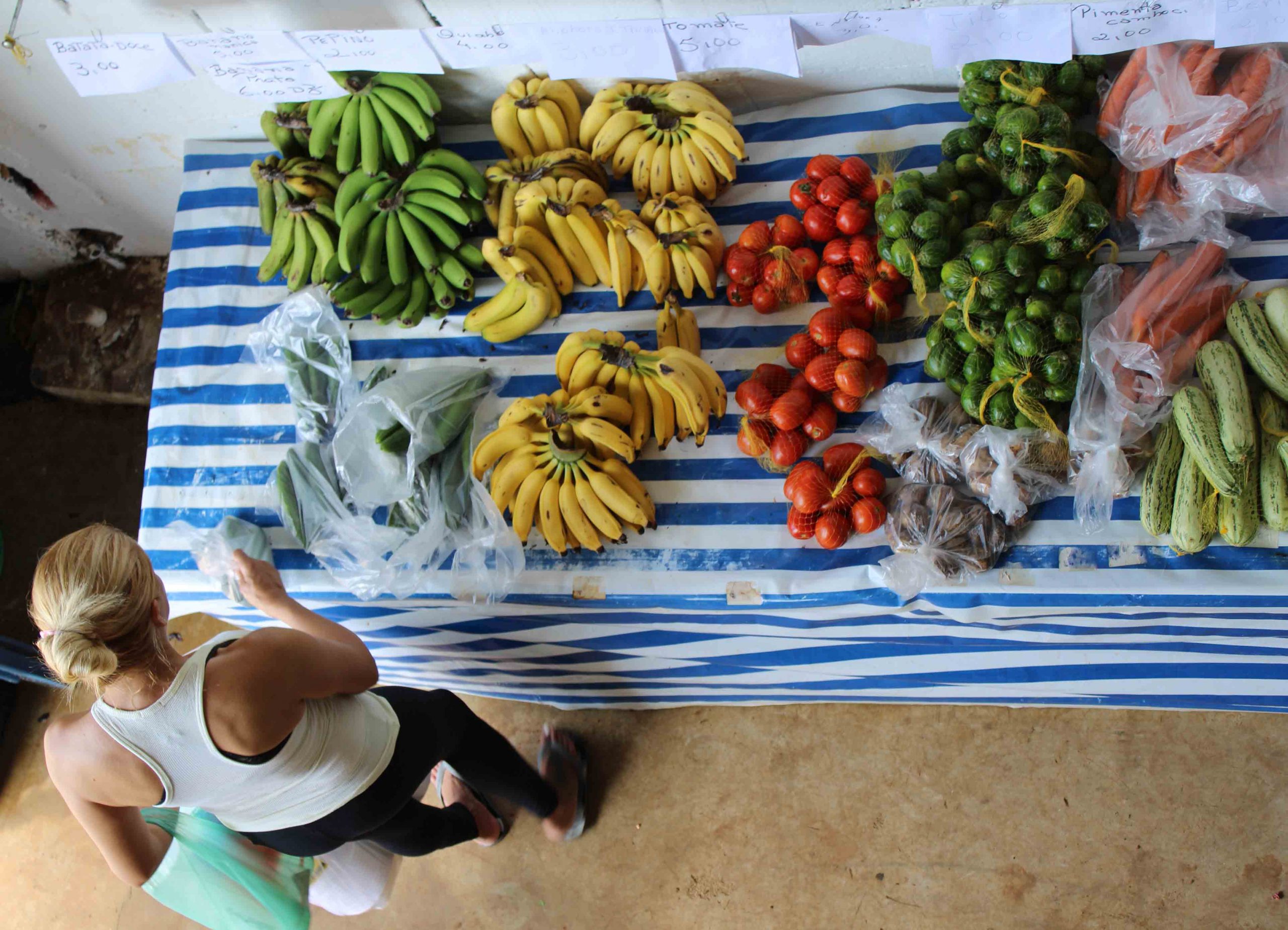How Cities Without Hunger is staying resilient and adapting during the coronavirus pandemic
By Madison Greer
“This theme of urban agriculture is something that’s really necessary in the 21st century because we need to make the production areas closer to the consumption areas. I think this is a trend that will grow a lot in upcoming years as people have concerns about the sustainability of the food chain.” – Hans Christian Temp, Founder at Cities Without Hunger
Cities Without Hunger’s Approach
Pre- COVID-19
Cities Without Hunger (Cidades Sem Fome) was founded by Hans Dieter Temp in 2004 in an effort to combat poverty and malnutrition in Sao Paulo, Brazil. Through constructing urban gardens in cities and metropolitan areas, Cities Without Hunger is providing affordable and accessible produce for people in low-income communities. The social enterprise employs vulnerable populations in over 30 community gardens and agricultural greenhouses on public and private land, providing incomes for more than 400 individuals and food for many more. The organization also constructs school vegetable gardens and supports a small family farmers project. There are currently 51 school gardens in operation with the goal of improving nutrition in meals for public schools. Once contacted, Cities Without Hunger researches and evaluates the space, reaches out to sponsors, and trains teams at each school. After that, the schools take care of the gardens themselves with the help of over 15,000 students who see their produce on their plates.
COVID-19 Response
Cities Without Hunger has navigated the first and second waves of Brazil’s pandemic with its workers, consumers, and systems in mind.
Leveraging sponsors and partnerships: Cities Without Hunger is mobilizing their sponsors and partners to donate basic food kits, with produce from their gardens, for the poor during this time. Mr. Temp and the team are committed to keeping workers’ salaries and communities’ food chains intact.
Protecting supermarket ecosystems and food chains: To prevent from destroying supermarket ecosystems in a neighborhood by only donating large sums of money, a sponsor is helping to issue prepaid cards to individuals in hard-hit communities so they can buy their own food and continue to hold up local economies.
Social distancing measures: As one of the biggest organic producers in Sao Paulo, Cities Without Hunger recognizes their role in communities. To keep workers employed and gardens active, the team established a protocol to keep workers safe. Workers keep a three meter distance between each other in the gardens and are provided with gloves and masks. Bathrooms and kitchens are sanitized daily and entrance to the gardens is controlled to minimize contact. They are also donating masks, alcohol, and gel to those in need.
Looking Ahead
The Cities Without Hunger team is taking specific actions for the pandemic, but will continue to meet the constant cycle of demand and be accountable to their workers who expect salaries.
“We will carry on improving the nutrition of the students and trying to put more people to work with us because our urban gardens are income generation. We need to keep stimulating the local community and economy.”
Lessons for Others
Cities Without Hunger continues to coordinate their efforts with sponsors and other members of civil society as well as interact with communities through social media.
“People are really aware, at least young people, about the risk of not improving the poor communities and the lives of these people. Most of the sponsors are aware, the local communities are aware, and civil society is aware of this. I advise that other organizations keep working and keep having contact with their partners in civil society because people really want to carry on and offer help.”
Hans Christian Temp is a Project Manager at Cities Without Hunger.





